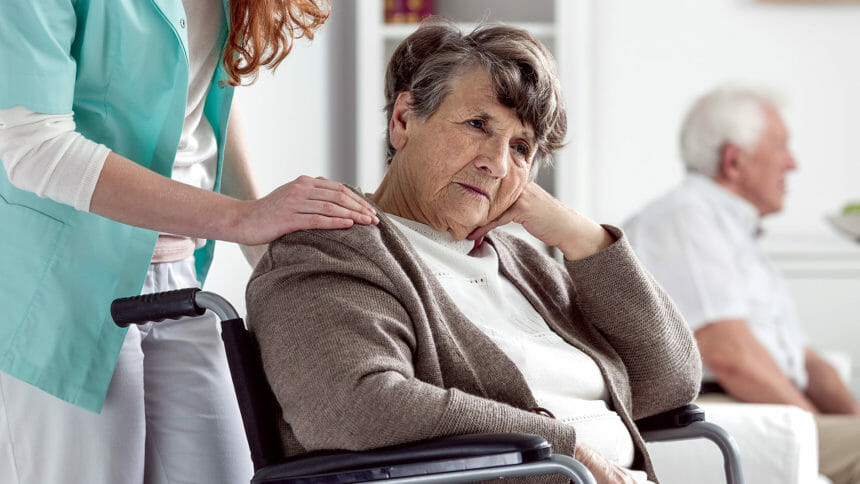
Dementia care managers may be able to use a technique called “goal attainment scaling,” or GAS, to help those with dementia set personal health goals and measure whether they are meeting them, according to a study newly published in the Journal of the American Geriatrics Society.
The technique has been used for decades, primarily in mental health and rehabilitation efforts but also in comprehensive geriatric assessment and Alzheimer’s disease, according to the authors. More research is needed to assess its use in the clinical care of people with dementia, they added.
Study participants were recruited from the UCLA Alzheimer’s and Dementia Care program. In the first phase of the study, researchers tested goal-setting with 32 people who had dementia. The researchers also trained five nurse practitioner dementia care managers on how to use GAS.
In the subsequent phase of the study, the dementia care managers assisted an additional 101 people who had dementia in setting care goals. A scale measured how well the participants achieved their goals six and 12 months after setting them. The researchers then interviewed study participants and dementia care managers.
Eighty-four percent of the goals set by people with dementia or their family caregivers were non-medical — that is, they were not specifically related to healthcare treatments — and 47% were related to quality of life, according to the researchers. Most often, the goals focused on improving quality of life for the person with dementia, followed by goals that helped reduce family caregiver stress or made family caregiving as easy as possible.
Some commonly chosen goals for the person with dementia included maintaining physical safety, receiving medical care related to dementia, avoiding hospitalization, maintaining mental stimulation and remaining physically active.
Eighty‐eight percent of participants said they believed that the goal they set was meaningful, 74% said that the goal-setting process captured something different from usual care, and 85% said they found the process helpful in planning for future care.



